Our proprietary process, expert team, and global reach help authors craft powerful manuscripts—and transform them into extraordinary books.

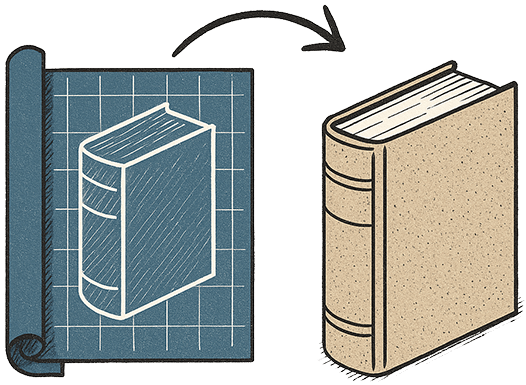
Every great book begins with a clear plan.
Our $595 Manuscript Assessment and Action Plan is more than a critique — it’s a strategic roadmap for your publishing journey. You’ll receive expert feedback from a top-tier editor along with a detailed action plan tailored to your goals, audience, and manuscript stage.
No rejection letters. No generic advice. Just honest, actionable insight.
Whether you’re writing a memoir, thought leadership book, fiction or romance novel, this step gives you the confidence, clarity, and professional guidance you need to move forward.
This is the low-risk, high-impact first step. Think of it as a test drive for your book’s future.
80% of Izzard Ink books receive an A grade or a starred review from top literary outlets
— placing them in the top 10–15% of all professionally reviewed books. From first-time authors to seasoned authors and Wall Street executives, our clients achieve credibility, visibility, and personal pride.
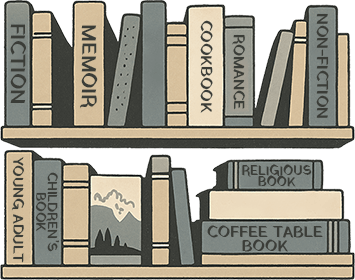

Dr. Jeffrey Dunn
Author of Whiskey Rebel
“I never imagined I’d be working with the same editor who helped shape Bridgerton. With Izzard Ink, I did. And the result? Whiskey Rebel received a coveted ‘Get It’ distinction from Kirkus.”
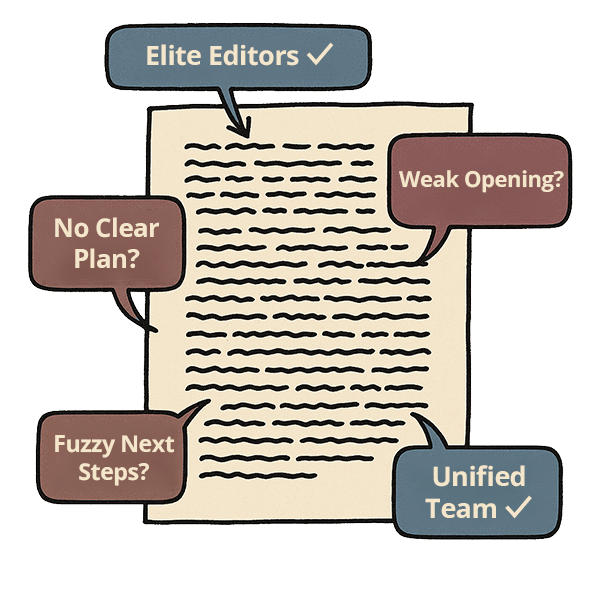
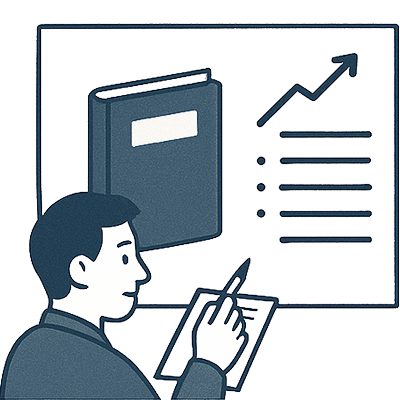
Begin with your Manuscript Assessment and custom Action Plan — your strategic roadmap.

Choose your publishing team from a curated selection of top-tier professionals aligned to your needs.
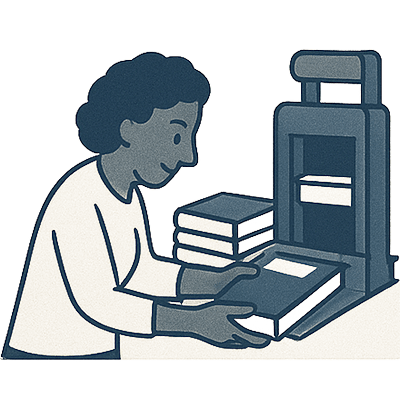
We manage the editing, design, production, and distribution — all executed by your team.

Define your goals and tailor your journey. You’re in charge at every step — from PR to launch.
Note: If your manuscript isn’t ready to move forward, the process pauses. You choose when to continue. Each step is author-driven.
Our authors don’t chase freelancers. They build their publishing dream team — and we handle the rest.
At Izzard Ink, every author selects from a handpicked set of elite editors, designers, and publicists who have worked on #1 bestsellers and award-winning books. Once you choose your team, we align every expert to the strategy laid out in your Publishing Action Plan and manage the full process for you.
You stay in control of the creative vision. We ensure the execution is seamless — but you’re always at the center, guiding the vision and making key decisions.

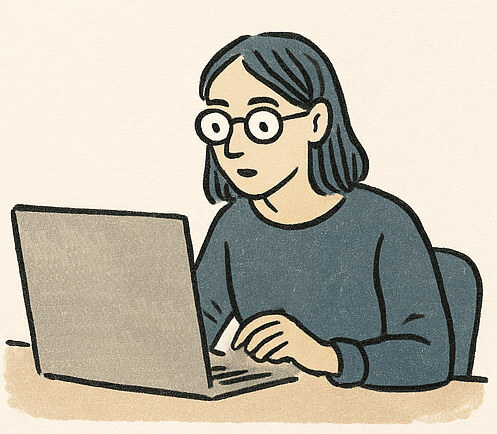
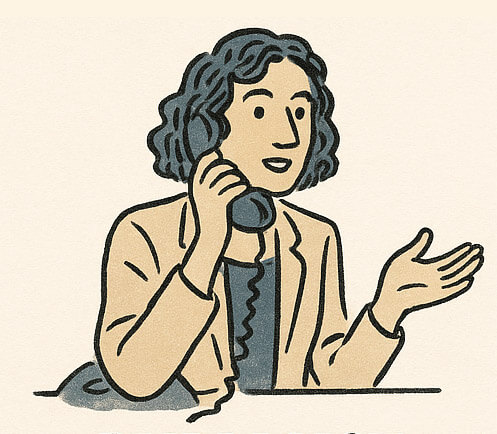
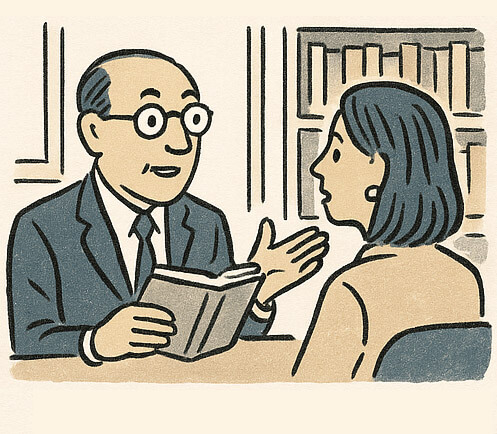

Still exploring? Great. Here are a few ways to get to know us better:

Unlock your manuscript's potential with Izzard Ink's manuscript assessment. We'll identify specific areas for enhancement and offer targeted solutions. Connect with us, and together, we'll elevate your manuscript.

Unlock your manuscript's potential with Izzard Ink's manuscript assessment. We'll identify specific areas for enhancement and offer targeted solutions. Connect with us, and together, we'll elevate your manuscript.